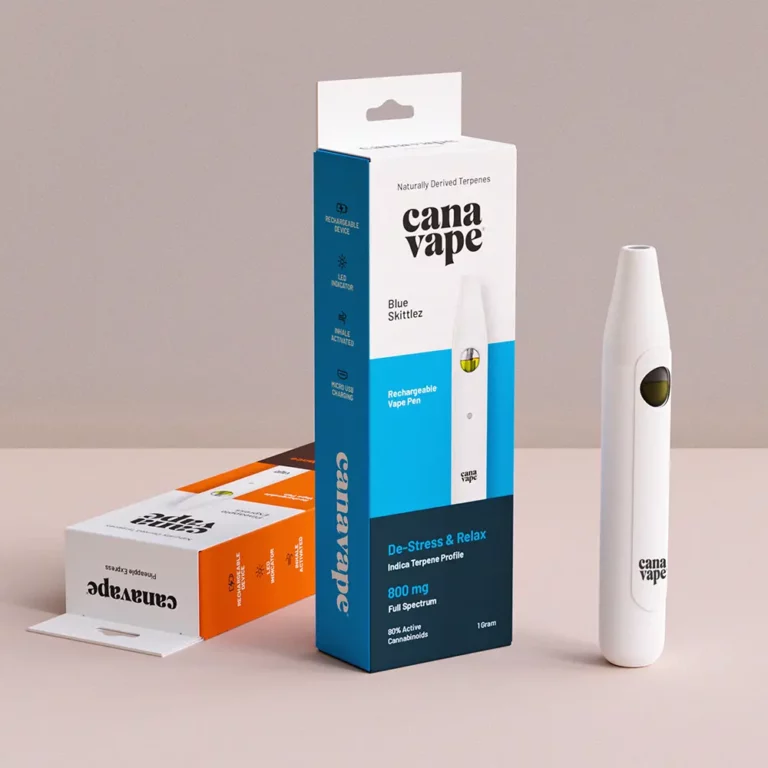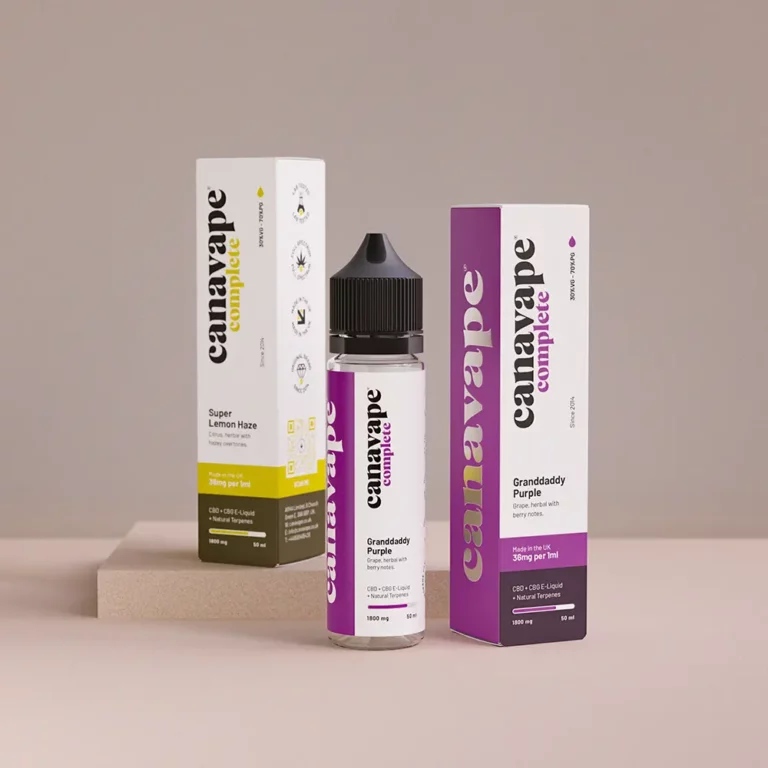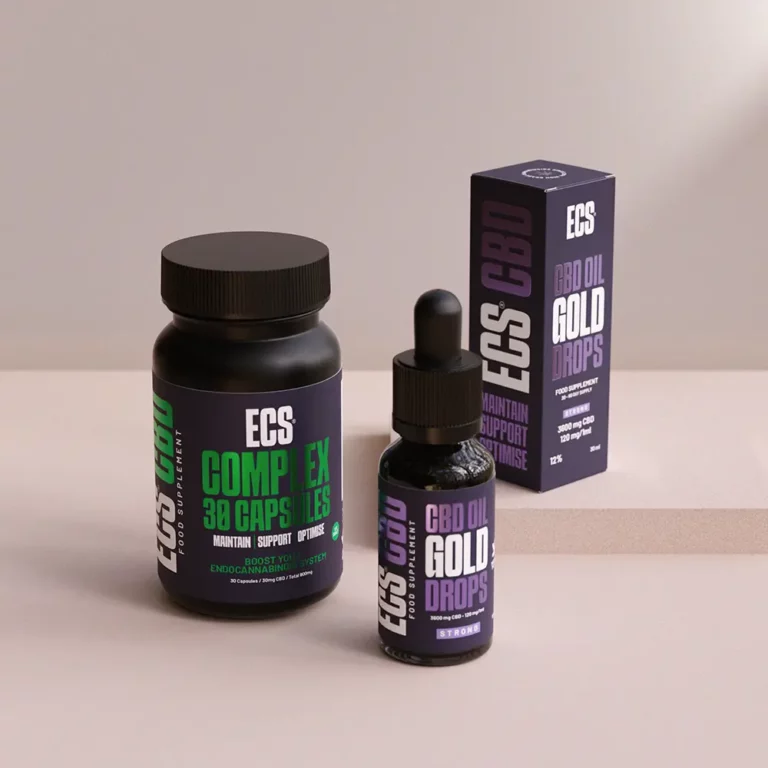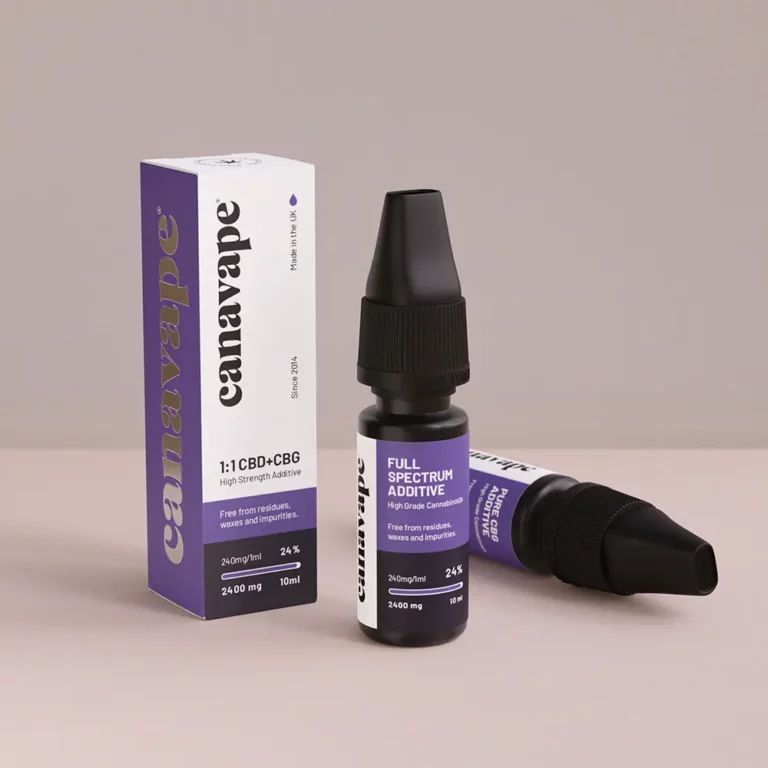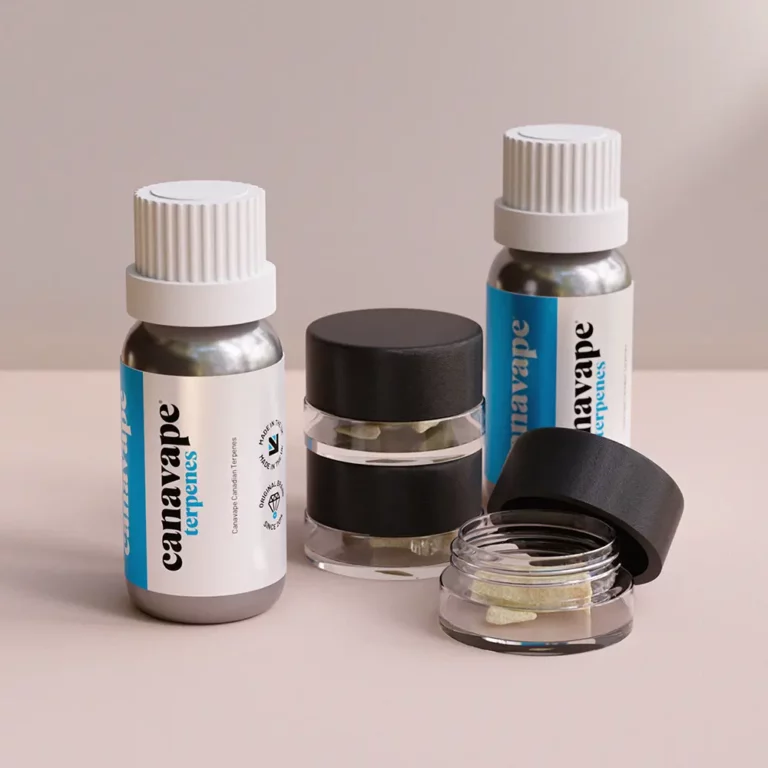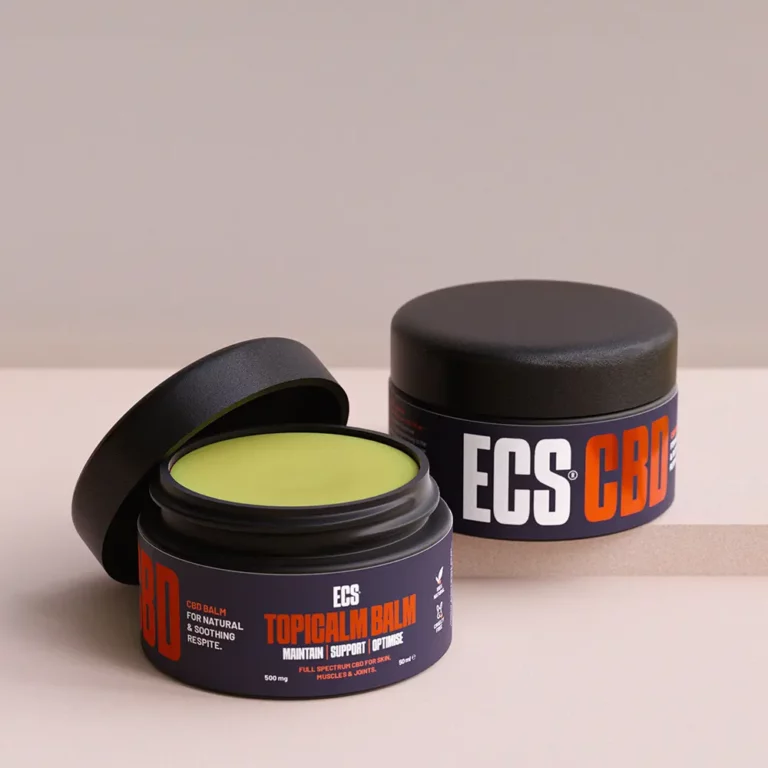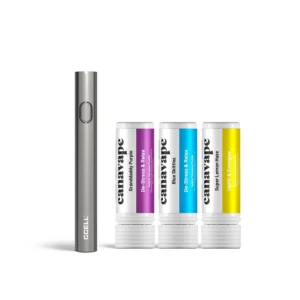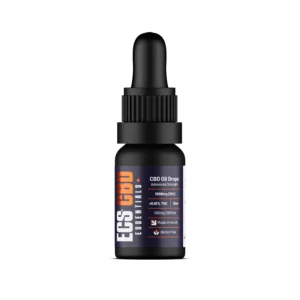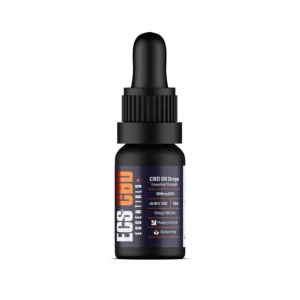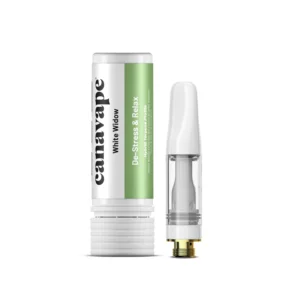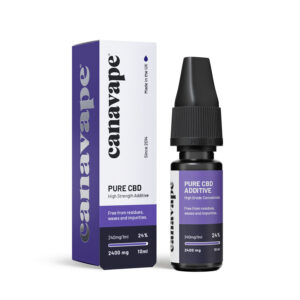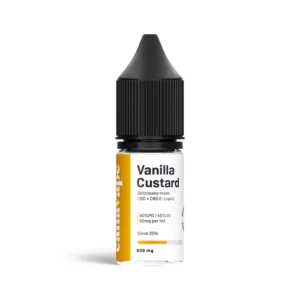Are you considering reducing or discontinuing your CBD oil usage? Weaning off CBD oil can be a gradual and personalized process that allows your body to adjust to the changes. In this guide, we will explore the steps and key principles to help you successfully wean off CBD oil.
Understanding CBD Oil
CBD, short for cannabidiol, is a natural compound derived from the hemp plant. It is widely known for its potential therapeutic benefits, including promoting relaxation, reducing anxiety, and supporting overall well-being. CBD oil is a popular product that contains CBD extract combined with a carrier oil, such as MCT oil or hemp seed oil.
While CBD oil is generally considered safe, it is important to note that everyone’s body is unique, and individual responses to CBD may vary. Some individuals may find that they no longer require CBD oil or may want to explore alternative wellness options.
Key Principles for Weaning Off CBD Oil
When it comes to weaning off CBD oil, there are a few key principles to keep in mind:
- Consult with a healthcare professional: Before making any changes to your CBD regimen, it is advisable to consult with a healthcare professional who can provide personalized guidance based on your specific needs and circumstances.
- Gradual reduction: It is generally recommended to gradually reduce your CBD oil intake rather than abruptly stopping. This allows your body to adjust and minimize potential withdrawal symptoms.
- Listen to your body: Pay attention to how your body responds during the weaning process. If you experience any discomfort or adverse effects, it may be an indication that you need to slow down the tapering process.
Steps to Wean Off CBD Oil
Here are the steps you can follow to wean off CBD oil:
- Assess your current dosage: Start by determining your current CBD oil dosage. This will serve as a baseline for your weaning process.
- Reduce dosage incrementally: Gradually decrease your CBD oil dosage by a small percentage or milligram amount. For example, you can reduce your daily dosage by 10% every week or every other week.
- Observe your body’s response: Monitor how your body reacts to the reduced dosage. If you feel comfortable and experience no adverse effects, you can continue with the reduced dosage for a certain period before further reducing it.
- Repeat the process: Continue reducing your CBD oil dosage incrementally until you reach your desired level or decide to discontinue use completely.
Remember, the weaning process should be tailored to your individual needs and preferences. It is essential to listen to your body and adjust the pace accordingly.
Alternative Wellness Options
If you are considering weaning off CBD oil but still want to support your overall well-being, there are alternative wellness options you can explore:
- Lifestyle changes: Incorporate healthy habits into your daily routine, such as regular exercise, balanced nutrition, and stress management techniques.
- Natural supplements: Explore other natural supplements that may complement your wellness routine, such as herbal remedies, vitamins, or adaptogens.
- Mindfulness practices: Engage in mindfulness activities like meditation, yoga, or deep breathing exercises to promote relaxation and reduce anxiety.
Remember, it is always important to consult with a healthcare professional before making any changes to your wellness routine, including the use of alternative options.
In conclusion, weaning off CBD oil can be a personalized process that requires careful consideration and gradual reduction. By following the key principles and steps outlined in this guide, you can successfully navigate the transition and explore alternative wellness options to support your overall well-being.
